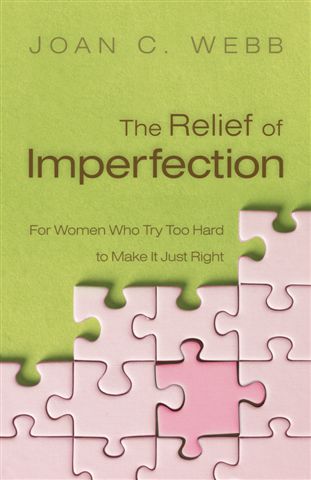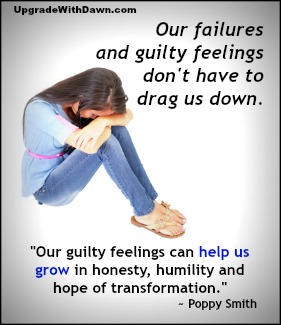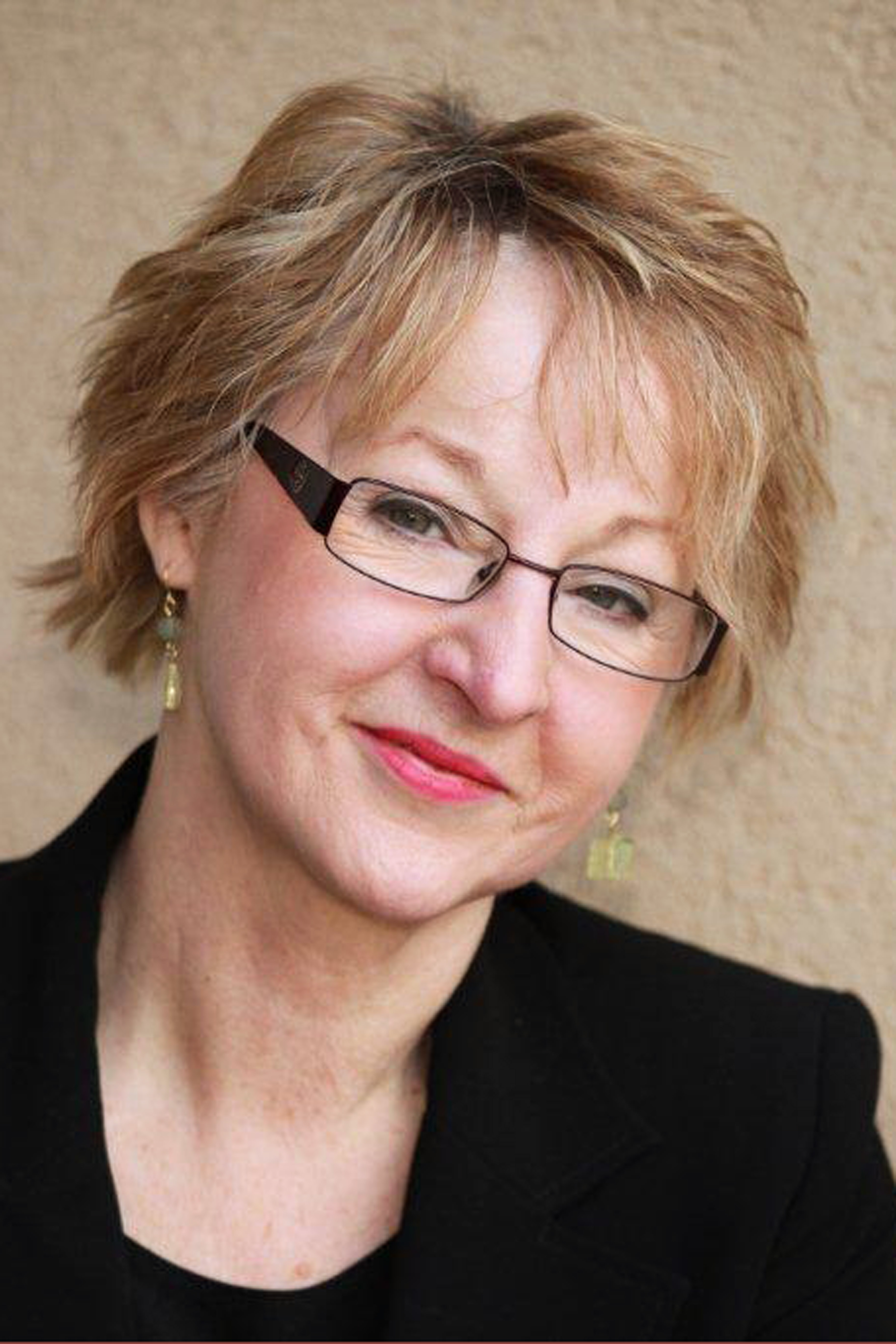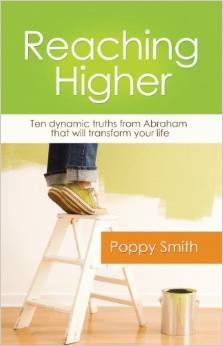Get in Line, People!
Gail Goolsby is intelligent and wise, and I'm always surprised by her fresh take on culture. In this Spiritual Life UPGRADE, she helps us see the wisdom of waiting in line, but she also applies it to a great biblical truth.
“Around the world, I observed first hand that most cultures do not line up,” Gail said. “I found myself frustrated at the crowds pushing and cramming to the front when I knew there was a better way to wait.”
frustrated at the crowds pushing and cramming to the front when I knew there was a better way to wait.”
I (Dawn) have been to other countries and I understand what Gail is talking about. I've thought, "How rude!" so many times.
But I never stopped to think about why people are hesitant to stand in lines.
Gail continues . . .
In my education career and particularly as a kindergarten teacher, I spent many hours explaining and training children to line up and wait for a turn.
While wiggling young bodies struggled to stand still or move in accordance to the pace of the leader, eventually even five-year olds submitted to the queue.
Lines WORK!
1. Do Lines Enhance Culture?
The success of line practice has been studied with some conclusions:
- Lines represent trust in the equal treatment of individuals in their home cultures.
Edward T. Hall wrote in his 1959 book The Silent Language, “To us it is regarded as a democratic virtue for people to be served without reference to the rank they hold…”
- Lines represent willingness to practice civility.
In 1837 France, 1944 Britain and 1970s America, citizens entered into long lines for rationed goods such as bread, meat and fuel, not knowing what they might receive for their patience.
- Lines represent the belief that first-come, first-served ideology works for all.
Industrialization and factory work schedules created crowds of people trying to acquire goods and complete personal errands at virtually the same time. Shops and businesses began the promise of fair service given in order of arrival.
When immigrants join Western societies, many countries teach the concept of lines to their new citizens.
“Lining up is seen as a universal sort of truth,” said J.J. McCullough, the Vancouver-based author of J.J.’s Complete Guide to Canada. “And if someone doesn’t adhere to them then it must be because they’re uncouth or uncivilized, rather than this is a sort of idiosyncratic tradition that we’ve internalized.”
2. Why Do Cultures Refuse to Line Up?
When I moved to Afghanistan in 2005, I was more impacted by the daily chaos than the frequent terrorist violence. As disorderly mobs pressed through passport control in Kabul airport and shoppers shoved in the marketplace, I longed for the peace of a line.
Traffic lines were completely optional, even with concrete barriers to separate lanes of cars.
In overpopulated, war-ravaged, under-resourced places like India, China, Afghanistan, and Africa, people experience starvation and death regularly. To feed their family, to arrive at work, to secure medical treatment, or to receive any type of assistance in such circumstances, citizens must aggressively push to the forefront or lose out. Any hesitation means going home empty-handed.
When necessities of life are low and lives are literally at stake, people are reluctant to trust that patient waiting will result in needed supplies or opportunities.
Desperation and lack of hope in equality of their culture prompt people to trust solely in their own effort to succeed.
3. Lines Represent a Straight Path
As Christians, we believe in the equality offered by the cross.
All who submit to the provision of Christ’s death and atonement can be united with their Creator God, secure forgiveness and life eternal. We then embark on the straight path, a line leading us to freedom from sin and becoming more like Jesus.
Those who set out on their own path—who dismiss the line of Believers—end up wandering in chaos.
They trust in their own merit and good works, not the line to the Cross.
Isaiah 59:8 (NIV) says this:
The way of peace they do not know; there is no justice in their paths. They have turned them into crooked roads; no one who walks along will know peace.
When we realize our need for rescue, for guidance and redemption from our crazy, no-purpose life, we are on our way to the right path. We are lining up with Truth.
Luke 1:79 (AMP) says Christ came to make a way for us: To shine upon and give light to those who sit in darkness and in the shadow of death, to direct and guide our feet in a straight line into the way of peace.
Even after surrendering to Christ’s love and sacrifice, we may fall off the straight path and leave the line of life.
Thankfully, we have the written Word to correct our crookedness.
2 Timothy 3:16 (NET) tells us: Every scripture is inspired by God and useful for teaching, for reproof, for correction, and for training in righteousness,
The word correction in this verse is not found anywhere else in the Bible. It means to restore, to set right, to repair something bent, to make it straight.
In other words, studying scripture teaches us to line up our lives as God intends.
In lining up this way, we have:
- peace with God,
- peace with our neighbor, and
- peace with ourselves.
Let’s all get in line and live well.
What is stopping you from joining the queue to God’s grace?
Gail Goolsby, MA, MEd, ACC is a lifelong educator, including past leadership at an international school in 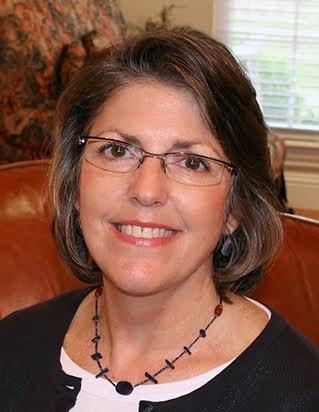 Afghanistan, and credentialed life coach with the International Coach Federation. Gail and her pastor husband of 40 years live where the wind blows over the prairie in south Kansas. Gail counsels and coaches using God’s Word to help others learn to live well.
Afghanistan, and credentialed life coach with the International Coach Federation. Gail and her pastor husband of 40 years live where the wind blows over the prairie in south Kansas. Gail counsels and coaches using God’s Word to help others learn to live well.
Graphic adapted, courtesy of Wendy B. Koon at Pixabay.
 Post a Comment → Posted on
Post a Comment → Posted on  Tuesday, June 26, 2018 at 7:54AM
Tuesday, June 26, 2018 at 7:54AM  Direction from God's Word,
Direction from God's Word,  Gail Goolsby,
Gail Goolsby,  Get in Line,
Get in Line,  Grace,
Grace,  Line up with Truth,
Line up with Truth,  Lines,
Lines,  Order,
Order,  Straight Path,
Straight Path,  Upgrade with Dawn Upgrade Your Life
Upgrade with Dawn Upgrade Your Life  Biblical Thinking,
Biblical Thinking,  Spiritual Life
Spiritual Life 








